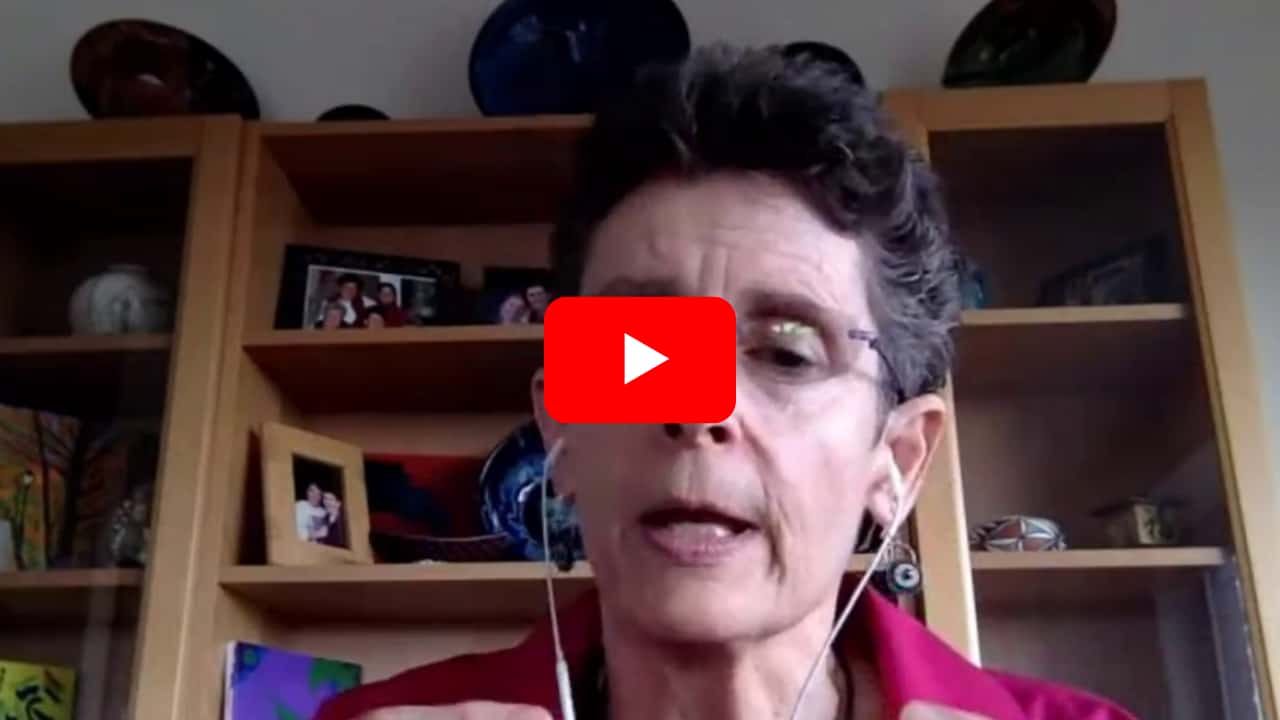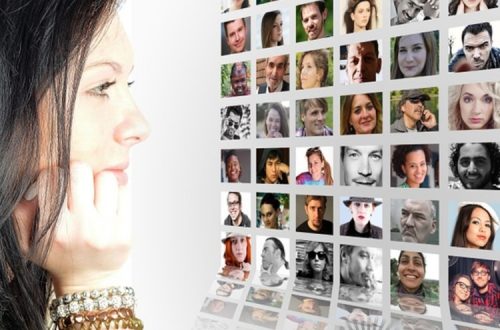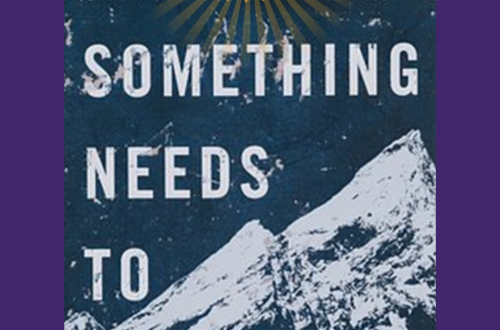Managing Hiring and Layoffs? Use an Equity Lens
Many businesses and organizations are announcing furloughs and layoffs as a result of the economic upheavals caused by the pandemic.
As America faces a profound time of racial reckoning while in the midst of a pandemic, now is precisely the right time to focus our Equity Lens intently on hiring and firing practices.
It’s no time for excuses.
I’ve heard many say: “Given the pandemic, we don’t have time to look into hiring practices.”
That’s just using a laziness lens.
As Diana Noriega, Assistant Executive Director of Anti-Racism and Equity at Good Shepherd Services stated on my recent radio show:
“Crisis accelerates the process of the work. People get comfortable and complacent in no crisis…Black people have been waiting 400 years for change that is consistent and not interrupted. When people are saying let’s wait, what lens is that coming from?”
The Hiring Process: Reach Beyond a Resume to Build Inclusion
Noriega is working on a pilot 12-step hiring plan, going way beyond simply reviewing a resume.
Hiring Plan highlights include:
- Formation of a hiring panel.
- Before core competencies are discussed, a member from the Equity Council is chosen for the hiring panel who sits in on interviews.
- A colleague in the same department, someone a new hire would work with in another department, and HR are appointed to the panel.
- The hiring panel reviews the current job description, revamps it, organizing it by core competencies, and asks: What biases were built into the competencies? What artificial barriers were created? The hiring panel makes recommendations to the hiring manager.
Further suggestions Noreiga has for more equitable recruiting and hiring practices:
- Note upfront a commitment to being an anti-racist and multicultural organization. Folks see that and say: “That’s the kind of place I want to work.”
- Target particular affinity groups on LinkedIn and post relevant jobs in particular groups. For example, the National Black Social Workers Association.
- If the job is posted on standard networks, this can lead to biased hiring. If your network is largely white, then you’re going to attract largely white candidates.
- Make sure that the HR recruitment training team is trained up. As the first point of contact with a candidate, if they have no idea what you’re doing and why it matters, how are they going to sell the position? How are they going to recruit people with that lens themselves?
- Introduce a program department scorecard for equity to hold leadership accountable to inclusion work.
Ask Behavioral Interview Questions That Dig Deep
Behavioral interview questions are more dynamic – and reveal more – than simply asking why a candidate left a previous job or noting what is on a resume.
Ask every candidate the same questions so no bias slips in. Ask intentional race equity questions – questions where many struggle, Noreiga noted.
Behavioral interview questions:
- How have you dealt with DEI in the past, and what was your strategy/what was outcome?
- How did you handle conflict at your previous position?
- Talk about a professional disaster and how you handled it.
- Share about a time when you implemented a DEI strategy – what were the obstacles, what was the outcome, what did you learn if you experienced challenges?
If someone says that they haven’t led DEI efforts, that’s telling, too.
When pre-screened resumes come back to the hiring panel, they are without candidates’ name, address or university, limiting information so that a story can’t be created about the candidate. The panel then looks at the notes from the prescreening, the ranking suggestions from HR, resumes from the candidates and then decides who to interview.
Before the Big Interview, Dialogue Is Vital Among the Hiring Panel
Why is this person my #5…why is this person your #4?
The more you can have open dialogue, the more you start to create self-checks and recalibrate as a group. Your colleagues will speak up when they see bias. It develops a strong sense of commitment to the entire process.
Have a threshold for the percentage of Candidates of Color that meet required capacities that must be met before you can more forward to interviewing.
It’s not the number of resumes you get that has to meet that mark. It’s the number of candidates with the demonstrated required capacities needed for the position.
If organizational leaders attempt to avoid or work around the process, a senior leader should inform them of their disappointment and inform them it may appear on a performance appraisal.
Eliminating Positions: Competency Vs. Seniority
Noriega assisted in the design of a tiered process of engagement involving employees who had to make the decision of which position to cut and who would be impacted by it.
As part of the tiered engagement process:
- Leaders are brought together from the area to be impacted the most and are asked what versatile means.
- They challenge their definition.
- People present different definitions and share their comments.
- Shared feedback develops a rubric of skills for the job and leadership competencies.
What about the responses? They were pretty powerful, like this one: “Someone who I assumed I would have chosen, I didn’t. It forced me to look at how I would make that decision and it really did get me to manage my bias.”
They made recommendations, and included data into a massive report that went to the next person to review. HR is always involved to serve as another layer of accountability to help manage bias.
Far from putting EDI on the back burner, the current climate we are in has accelerated our vital work.
Now really is the perfect time for change.
“I see what’s possible when we recognize that we are one American family, all deserving of equal treatment.” – Barack Obama
Today, ask: Is the Equity Lens at your organization helping pinpoint areas for improvement – or is it a little (or a lot) out of focus?
See more from my Radio Show with the fabulous Diana Noriega here.
Develop the capacity of your organization so it has the internal resources needed to partner with senior leaders in creating more meaningful & sustainable culture change. Now has never been a better time to design & facilitate powerful workshops on equity, inclusion, and social justice.
Learn about how my comprehensive, online training can benefit your organization: https://drkathyobear.com/facilitationcourse/



